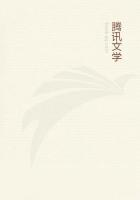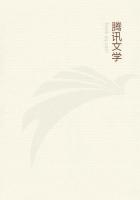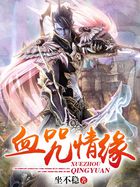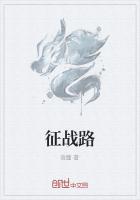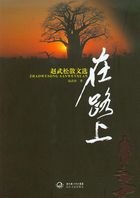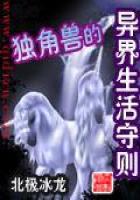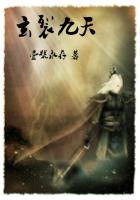governing military communities. Each one of the rivers flowing southwards--the Dnieper, the Don, the Volga, and the Yaik or Ural--
was held by a community of these Free Cossacks, and no one, whether Christian or Tartar, was allowed to pass through their territory without their permission.
Officially the Free Cossacks were Russians, for they professed to be champions of Orthodox Christianity, and--with the exception of those of the Dnieper--loyal subjects of the Tsar; but in reality they were something different. Though they were Russian by origin, language, and sympathy, the habit of kidnapping Tartar women introduced among them a certain admixture of Tartar blood. Though self-constituted champions of Christianity and haters of Islam, they troubled themselves very little with religion, and did not submit to the ecclesiastical authorities. As to their religious status, it cannot be easily defined. Whilst professing allegiance and devotion to the Tsar, they did not think it necessary to obey him, except in so far as his orders suited their own convenience.
And the Tsar, it must be confessed, acted towards them in a similar fashion. When he found it convenient he called them his faithful subjects; and when complaints were made to him about their raids in Turkish territory, he declared that they were not his subjects, but runaways and brigands, and that the Sultan might punish them as he saw fit. At the same time, the so-called runaways and brigands regularly received supplies and ammunition from Moscow, as is amply proved by recently-published documents. Down to the middle of the seventeenth century the Cossacks of the Dnieper stood in a similar relation to the Polish kings; but at that time they threw off their allegiance to Poland, and became subjects of the Tsars of Muscovy.
Of these semi-independent military communities, which formed a continuous barrier along the southern and southeastern frontier, the most celebrated were the Zaporoviansof the Dnieper, and the Cossacks of the Don.
The name "Zaporovians," by which they are known in the West, is a corruption of the Russian word Zaporozhtsi, which means "Those who live beyond the rapids."
The Zaporovian Commonwealth has been compared sometimes to ancient Sparta, and sometimes to the mediaeval Military Orders, but it had in reality quite a different character. In Sparta the nobles kept in subjection a large population of slaves, and were themselves constantly under the severe discipline of the magistrates. These Cossacks of the Dnieper, on the contrary, lived by fishing, hunting, and marauding, and knew nothing of discipline, except in time of war. Amongst all the inhabitants of the Setch--so the fortified camp was called--there reigned the most perfect equality.
The common saying, "Bear patiently, Cossack; you will one day be Ataman!" was often realised; for every year the office-bearers laid down the insignia of office in presence of the general assembly, and after thanking the brotherhood for the honour they had enjoyed, retired to their former position of common Cossack. At the election which followed this ceremony any member could be chosen chief of his kuren, or company, and any chief of a kuren could be chosen Ataman.
The comparison of these bold Borderers with the mediaeval Military Orders is scarcely less forced. They call themselves, indeed, Lytsars--a corruption of the Russian word Ritsar, which is in its turn a corruption of the German Ritter--talked of knightly honour (lytsarskaya tchest'), and sometimes proclaimed themselves the champions of Greek Orthodoxy against the Roman Catholicism of the Poles and the Mahometanism of the Tartars; but religion occupied in their minds a very secondary place. Their great object in life was the acquisition of booty. To attain this object they lived in intermittent warfare with the Tartars, lifted their cattle, pillaged their aouls, swept the Black Sea in flotillas of small boats, and occasionally sacked important coast towns, such as Varna and Sinope. When Tartar booty could not be easily obtained, they turned their attention to the Slavonic populations; and when hard pressed by Christian potentates, they did not hesitate to put themselves under the protection of the Sultan.
The Cossacks of the Don, of the Volga, and of the Ural had a somewhat different organisation. They had no fortified camp like the Setch, but lived in villages, and assembled as necessity demanded. As they were completely beyond the sphere of Polish influence, they knew nothing about "knightly honour" and similar conceptions of Western chivalry; they even adopted many Tartar customs, and loved in time of peace to strut about in gorgeous Tartar costumes. Besides this, they were nearly all emigrants from Great Russia, and mostly Old Ritualists or Sectarians, whilst the Zaporovians were Little Russians and Orthodox.
These military communities rendered valuable service to Russia.

